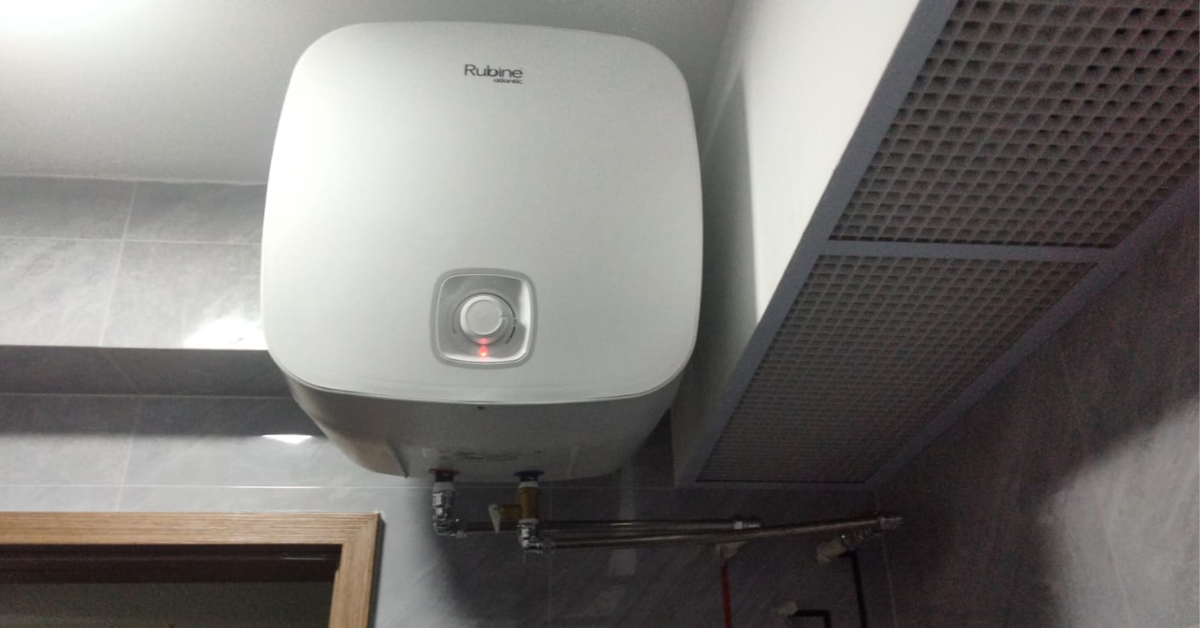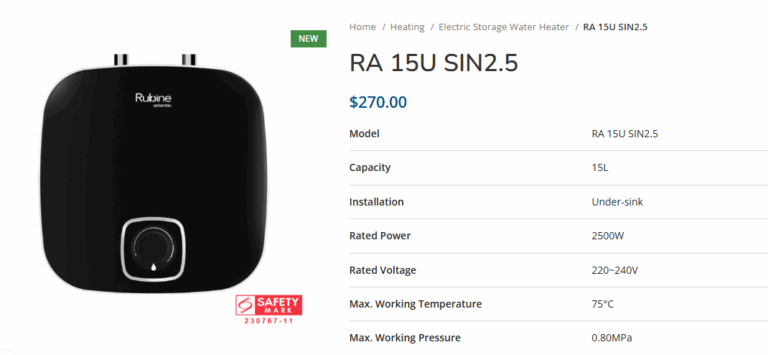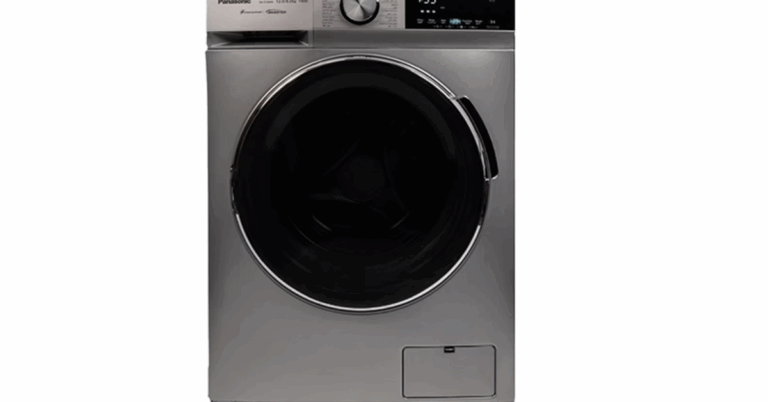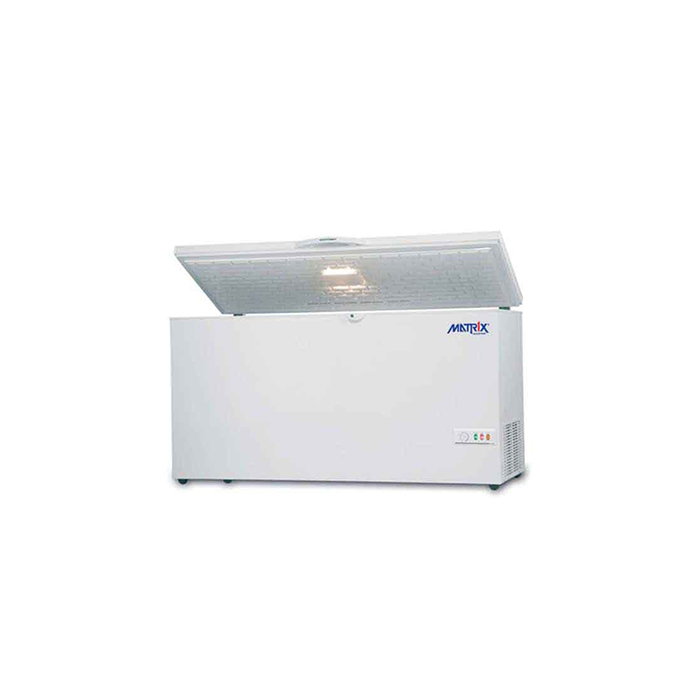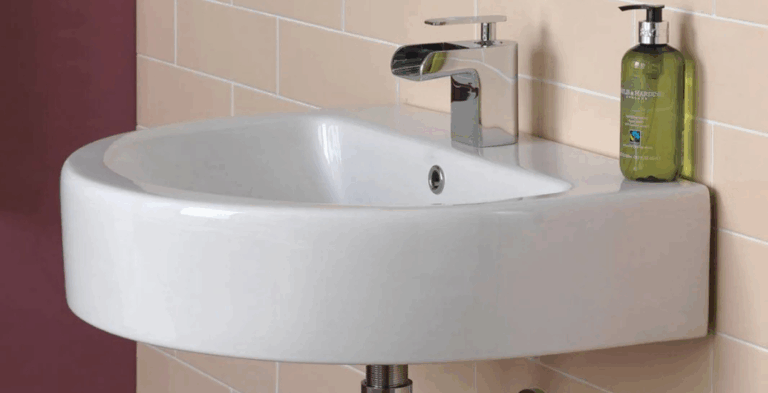Water Heater: A Complete Guide to Choosing and Maintaining Your Home Hot Water System
A Water Heater is an essential appliance in every home, providing hot water for daily needs such as bathing, cleaning, and cooking. Choosing the right water heater not only ensures comfort but also contributes to energy efficiency and cost savings. This guide will explore different types of water heaters, their benefits, maintenance tips, and factors to consider before purchase.
Types of Water Heaters
Water heaters come in various types, each designed to meet different household needs. The most common types include:
1. Tank Water Heater
A traditional water heater stores a large volume of hot water in a tank, ready for use. These heaters are ideal for families with consistent hot water demand. Tank water heaters are generally reliable, easy to install, and available in gas, electric, or solar-powered options.
2. Tankless Water Heater
Unlike conventional water heaters, a tankless water heater heats water on demand. This type is more energy-efficient because it avoids the standby heat loss associated with storage tanks. Tankless water heaters are compact, space-saving, and can provide a continuous supply of hot water, making them suitable for homes with limited space.
3. Solar Water Heater
A solar water heater utilizes the sun’s energy to heat water, reducing electricity or gas consumption. Solar water heaters are eco-friendly and can significantly lower utility bills. However, they may require a backup system for cloudy days or high-demand periods.
4. Heat Pump Water Heater
A heat pump water heater extracts heat from the air or ground to warm water. This energy-efficient option is more environmentally friendly and can save homeowners money over time. Although the initial cost is higher, long-term savings make it an attractive choice.
How to Choose the Right Water Heater
Selecting the perfect water heater depends on several factors:
-
Capacity: For tank water heaters, consider the number of people in your household and daily hot water usage. A family of four may require a 40-50 gallon tank, while a single person might only need 20 gallons.
-
Energy Source: Decide between electric, gas, or solar options based on availability and cost. Gas water heaters tend to heat water faster, whereas electric water heaters are more common in areas without gas lines.
-
Installation Space: Tankless water heaters are compact, making them ideal for homes with limited space. Traditional tank heaters require more room for storage and installation.
-
Efficiency: Check the energy factor (EF) rating. Higher EF ratings indicate more efficient water heaters that consume less energy and save money in the long run.
-
Budget: While upfront costs vary, consider long-term energy savings. Energy-efficient water heaters may cost more initially but reduce monthly utility bills.
Maintenance Tips for Your Water Heater
Proper maintenance ensures your water heater operates efficiently and has a long lifespan. Here are some key tips:
-
Regular Flushing: Sediment can accumulate in the tank over time, reducing efficiency and lifespan. Flushing the tank annually helps maintain optimal performance.
-
Temperature Settings: Set the water heater to 120°F (49°C) to prevent scalding and save energy. Avoid setting it too high, as it can increase energy consumption and risk of burns.
-
Inspect for Leaks: Regularly check pipes, valves, and the tank for leaks. Even minor leaks can cause water damage and reduce efficiency.
-
Anode Rod Replacement: The anode rod prevents corrosion inside the tank. Inspect and replace it every 2-3 years to extend the life of your water heater.
-
Professional Servicing: Schedule annual professional maintenance to ensure the water heater operates safely and efficiently.
Common Issues with Water Heaters
Even with proper care, water heaters can experience problems. Some common issues include:
-
No Hot Water: Often caused by a malfunctioning heating element or pilot light.
-
Strange Noises: Sediment buildup can lead to popping or rumbling sounds.
-
Leaks: Corrosion or damaged pipes can cause water leakage.
-
Temperature Fluctuations: Thermostat issues may lead to inconsistent hot water.
Addressing these problems promptly helps maintain comfort and prevent costly repairs.
Energy Efficiency and Cost Savings
Modern water heaters are designed to be more energy-efficient than ever. Energy-efficient water heaters reduce energy consumption, lower utility bills, and are better for the environment. Some tips to maximize savings include:
-
Using tankless or heat pump water heaters for on-demand heating.
-
Insulating the tank and pipes to reduce heat loss.
-
Lowering the thermostat setting to save energy.
-
Choosing Energy Star-rated water heaters.
Investing in a high-efficiency water heater pays off in long-term savings and environmental benefits.
Conclusion
A water heater is a vital home appliance that impacts daily comfort, energy efficiency, and long-term costs. By understanding the types, maintenance needs, and factors to consider before purchasing, homeowners can make informed decisions. Whether you choose a traditional tank water heater, a modern tankless system, or an eco-friendly solar option, proper care ensures reliable hot water for years to come.

